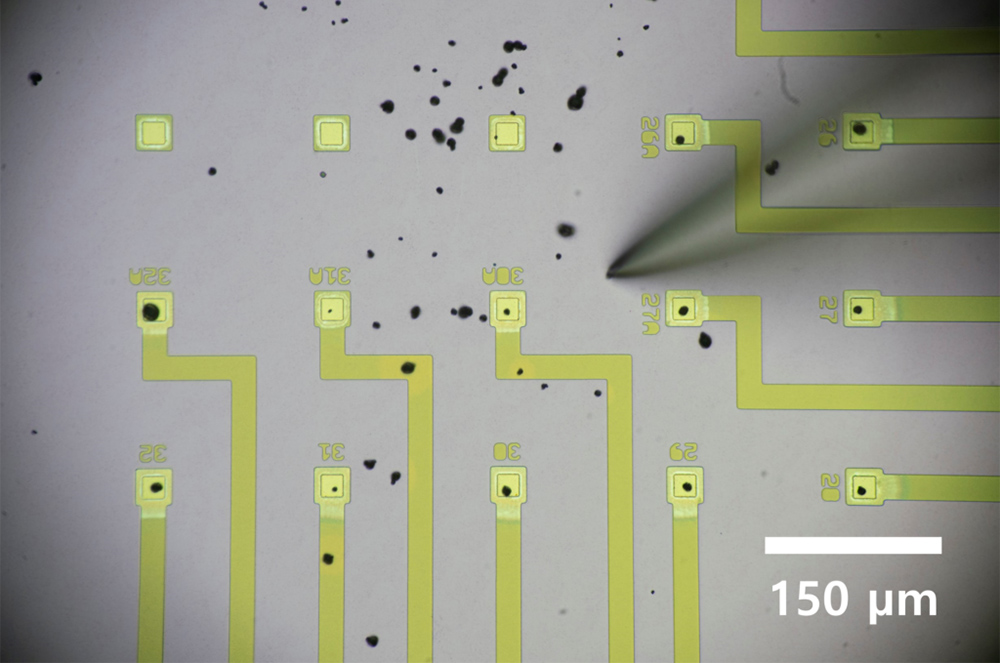Researchers at the University of Michigan have found that, although cracks in the positive electrodes of lithium-ion batteries shorten lifespans, they also reduce charging time.
The team believes the findings apply to almost 50% of EV batteries. The positive electrode—or cathode—is composed of trillions of microscopic particles of either lithium nickel manganese cobalt oxide or lithium nickel cobalt aluminum oxide. The cathode’s charging speed depends on the particles’ surface-to-volume ratio. Because lithium ions diffuse through smaller particles quicker due to their increased surface area to volume ratio, they charge faster. The researchers measured the charging speed of individual cathode particles by introducing them into a device used by neuroscientists to analyze brain cell electrical signal transmission.
“Many companies are interested in making ‘million-mile’ batteries using particles that do not crack. Unfortunately, if the cracks are removed, the battery particles won’t be able to charge quickly without the extra surface area from those cracks,” said Yiyang Li, Assistant Professor and Corresponding Author of the study, which was published in Energy and Environmental Sciences.
Source: University of Michigan



















































